The IAPHS Blog is a virtual community that keeps population health professionals connected and up to date on the latest population health news, policy, controversies, and relevant research from multiple fields.
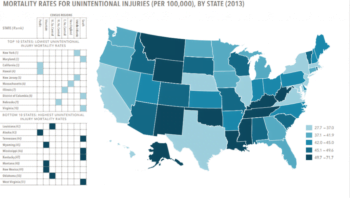
Rates of Homicide and Drug Overdoses Differ More Than Seven-fold Across the US
New Health of the States reports detail injuries and STIs. Read on for more from this comprehensive project from Virginia Commonwealth University (VCU) Center on Society and Health and the Urban Institute.
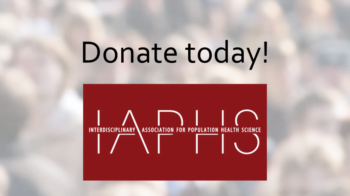
IAPHS Launches Fundraising Drive to Meet Financial Goals
IAPHS needs YOU. Read on for how to support our fund drive…

Building the Evidence Base for Firearm Violence Prevention: A New Tool for Firearm Policy Researchers
Many people have difficulty grasping the full extent and impact of gun violence in the United States. Firearms are the cause of death in a large proportion of intimate partner homicides, accidental child deaths, gang violence, mass terror-inspired incidents, police shootings, and suicides. While gun violence may seem concentrated in certain regions of the country, the fact is that every American is affected, whether they live in a diverse urban area or homogeneous rural town. Beyond death and injury, firearm violence takes a toll on individuals and communities that profoundly affects their sense of security and well-being. In most areas of public health, the challenge for researchers is identifying effective interventions and then executing the best policies to implement them. As recorded in decades-worth of studies, we have determined effective strategies for reducing both tobacco and alcohol use, and we’ve implemented many policies that lead to better health outcomes. Compared with other areas of public health like these, however, there has been very little conclusive research on best methods of prevention and no consensus on actions to curb gun violence across the country. In addition, mounting political pressure related to gun policy presents a formidable obstacle to the practice of […]
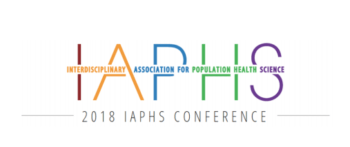
2018 Conference News: Call for Submissions Now Available
We’re pleased to announce our 2018 conference and call for papers: “Pushing the Boundaries of Population Health Science: Social Inequalities, Biological Processes, and Policy Implications,” will convene October 3-5, 2018 at the National Academies of Science, Engineering and Medicine in Washington, DC.
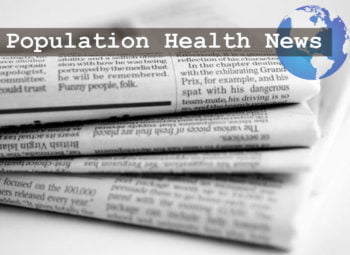
Population Health Round-up: November
Each month, we curate the most interesting news in population health. This month, we look at pregnant moms’ and kids’ health, disparities among race and income, how climate change and toxic ash are affecting health, and how inclusion benefits us all, and more…

Is Digital Technology Making Health Inequality Worse?
What happens to the health and well-being of people left behind in the technology revolution?

Reasons for Optimism in Population Health – Part II
Dr. Julie Maslowsky continues her interviews with population health leaders about why they remain positive about the future of population health. Read on for Part 2.
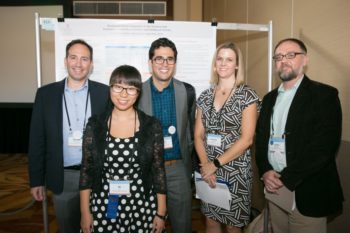
Five Win Poster Awards at October Conference
Read about our poster winners: telomere length, housing assistance and well-being, state tobacco policies and birth outcomes, food assistance delivery, and disparities, incarceration, and childhood obesity….
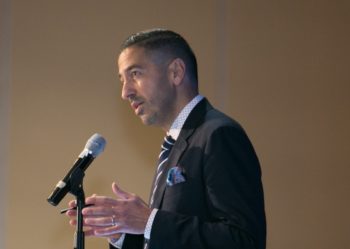
Reflections on IAPHS: An Interview with President Sandro Galea
Sandro Galea talks with Chris Bachrach about IAPHS’s first year…
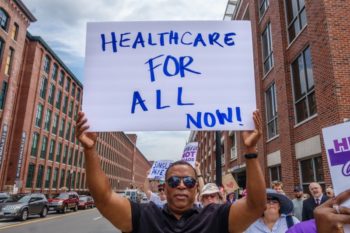
Reasons for Optimism in Population Health – Part 1
In the current climate of political and global tumult, it is easy to feel pessimistic about current and future population health. But Dr. Julie Maslowsky interviews leading population health scientists and finds reasons to be optimistic…
HAVE AN IDEA FOR A BLOG POST?
We want to hear about it! Read our contributor submission guidelines here and then email us at: altmanc@health.missouri.edu.
IAPHS Members: Share your news, accomplishments or publications with us
Click Here!
